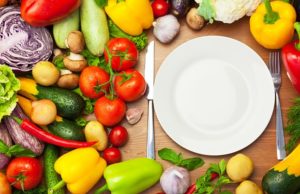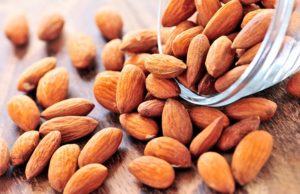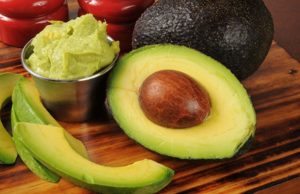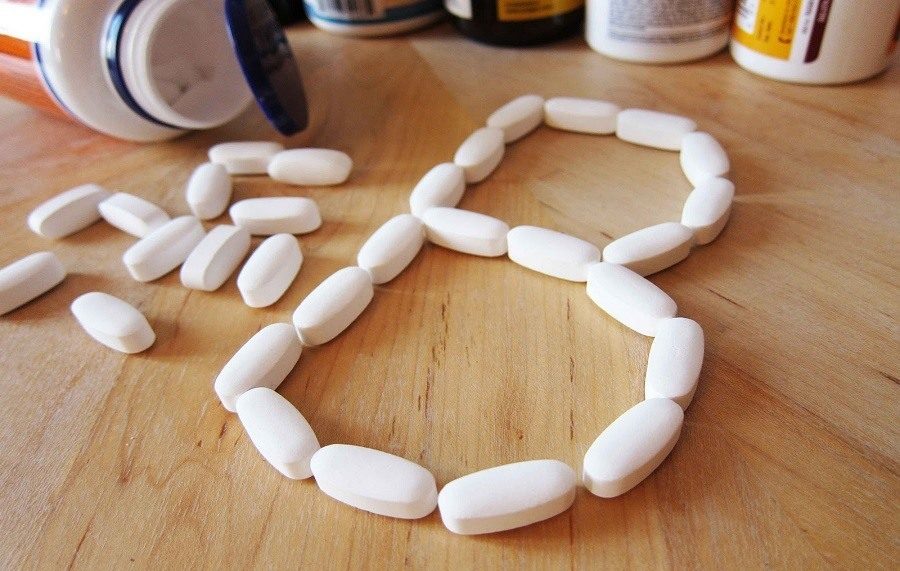Vitamin B is made up of 8 chemically distinct vitamins that once were thought to be one vitamin; which is why it’s known as vitamin B-complex. All B vitamins are water soluble and must be replenished daily as they’re not stored in the body. Take a look below for 25 more important and interesting facts about vitamin B.
1. Each B vitamin performs a unique and separate function in the body. However, it was once thought that they all shared their functions.
2. Each B vitamin has its own part to play in healthy brain function, such as the development and mental acuity.
3. B vitamins are necessary for the formation of serotonin, dopamine and epinephrine, which are 3 critical chemicals of the brain.
4. Vitamin B1 is known as thiamine.
5. Cells in the human body can’t use oxygen to store energy if they don’t have vitamin B1.

6. It’s essential for the energy metabolism of carbohydrates, alcohols and fats, the functioning of nerve cells, energy production and support of healthy heart functions.
7. Vitamin B1 was the first of the B vitamins to be discovered.
8. Foods that are a good source of vitamin B1 are organ meats, wheat germ, enriched fortified cereal, eggs, berries, nuts, asparagus, mushrooms, dark green leafy vegetables, brussels sprouts, tomatoes, eggplant, legumes, tuna fish and sunflower seeds.
9. Vitamin B2 is known as riboflavin.
10. Riboflavin is needed for converting carbohydrates to energy, red blood cell formation, growth and cell respiration.
11. It’s essential in order for your body to use vitamin B6.
12. Some foods that are an excellent source of vitamin B2 are milk, meat, mushrooms, liver, dark green leafy vegetables, and enriched fortified cereals.
13. Vitamin B3 is known as niacin or nicotinic acid.
14. Niacin is essential for metabolism function, growth and tissue oxidation.

15. It also stimulates the central nervous system and brain functions. It can help lower blood sugar in diabetics and it helps to improve joint pain of osteoarthritis and rheumatoid arthritis sufferers.
16. Some foods that are a good source of vitamin B3 are husks of cereal, green vegetables, meat, chicken, salmon, tuna, liver, fish, milk, yeast, dried peas and beans and enriched fortified cereals.
17. Vitamin B5 is known as pantothenic acid and it’s found as coenzyme A in every living cell and is necessary to sustain life. It’s also necessary for the metabolism of carbohydrates, proteins and fats.
18. Vitamin B5 is essential in the production of melatonin and it helps prevent graying hair and fights wrinkles. Some foods that are a good source of vitamin B5 are liver, kidney, yeast, egg yolk, milk, california avocado, molasses, wheat bran and sweet potatoes.
19. Vitamin B6 is known as pyridoxine and it helps to absorb and metabolize amino acids, fats and carbohydrates, stabilize behavior and mood, produce red blood cells and help the immune system.
20. The vitamin is necessary for balancing hormonal changes in women and relieving premenstrual and menstrual pain and discomfort. It also helps protect the body from cancer and heart disease.

21. Vitamin B7 is known as biotin or vitamin H. It helps with carbon dioxide transfer in the body, making it essential for the metabolism of carbohydrates and fats. The vitamin also helps to synthesize amino acids and fatty acids.
22. Vitamin B9 is known as folic acid, vitamin M or vitamin B-c. It’s necessary for the formation of hemoglobin.
23. Vitamin B12 is known as cyanocobalamin or cobalamin and it’s necessary for the central nervous system to function properly.
24. It also helps in the formation of red blood cells and it’s necessary for proper development and growth in children.
25. Vitamin B12 occurs naturally in animal products, so if your diet largely consists of plant based foods such as vegetables and fruits, you’re at risk for deficiency.





One Comment
Pingback:
March 5, 2018 at 1:29 pm